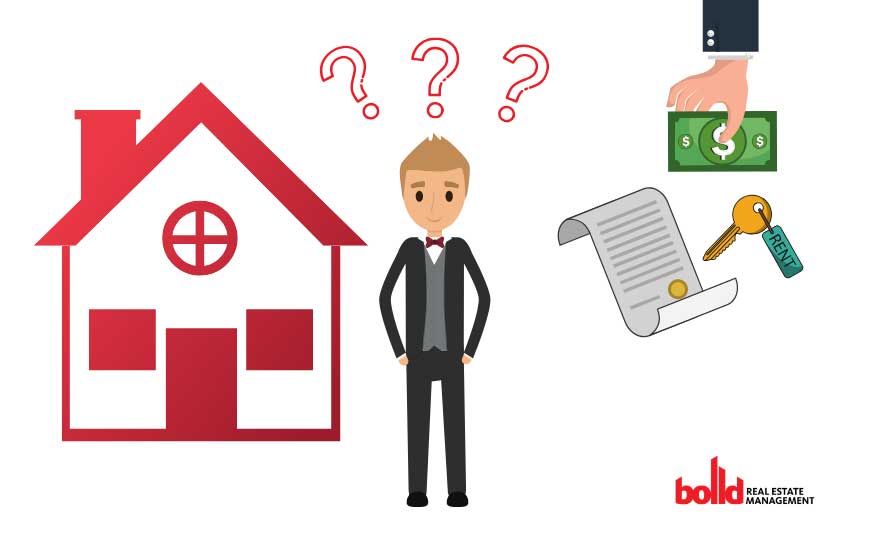Myths roam about for potential renters everywhere. Local laws may prove to be true, but under the laws of British Columbia, there are specific rules about the eviction process, cost of rent, maintenance, and security deposits.
BC has been still facing a housing problem, which has led to a rise in rentals. All the tenants must know their exact rights as listed in the Residential Tenancy Act. The multiple surveys expose what renters deal with regarding time to leave a place, cost of rent, old infrastructure, and falling for scams. Thanks to organizations that provide free legal service, people can now understand how the rental market works and the rights people have when renting.
Here are 5 questions new tenants usually ask:
Does the Residential Tenancy Act cover all types of housing?
When people are told of the Residential Tenancy Act, they believe all laws protect from liability if they pay their rent. There are some types of housing that are not covered by Residential Tenancy Act such as sheltering in the event of an emergency, Airbnb, housing for students, and any place where tenants and landlords have to share common places.
Is the tenant responsible for the maintenance at the beginning of the tenancy?
If the residence of rent has maintenance problems, you have every right to complain to the landlord. The landlord is liable to keep the property at all standards required by the city and province. If it’s electrical or infestation, landlords must deal with the issue by calling professionals to fix the problem.
Are there any consequences if the tenant does not pay rent on time?
All tenants must pay their rent in full and on time, no exceptions. Landlords have the right to give a 10 day notice to evict the premises for not paying the rent on time. However, tenants can overrule that if they do pay within five days of that notice. But, if it happens multiple times, landlords can issue the full One month notice to end the tenancy for a cause.
See also: Rent Increase in British Columbia
Does tenant need to hire a lawyer to resolve any legal issues related to the tenancy?
Any dispute can be resolved through the Residential Tenancy Branch. The Residential Tenancy Branch is equivalent to the Tenant-Landlord Court. They do receive thousands of complaints every year. Most hearings are done by phone. The tenants will have to pay $100 when filing a complaint. The filing fee is returned to the tenant, in case of the positive outcome of a dispute proceeding. There is no need to get complete counsel when a hearing is given.
How does tenant get a security deposit back?
When a tenant is moving out, the landlord should receive the new address to send back the deposit. The landlord can either send it all back, get a formal letter agreeing to keep some of the deposit money or file a dispute resolution to keep most or all of it in the event of a dispute resolution over damages. They have 15 days to do either; otherwise, tenants can file a resolution (or counter-resolution) complaint where the Residential Tenancy Branch can make the final ruling. If the ruling favors the tenant, the landlord may be liable to pay double the deposit back.
See also: Practical Points To Remember When Choosing Your Rental
All tenants and landlords can look to the Tenant Resource & Advisory Centre for more information regarding the rights and legal obligations in British Columbia and all cities and towns.


